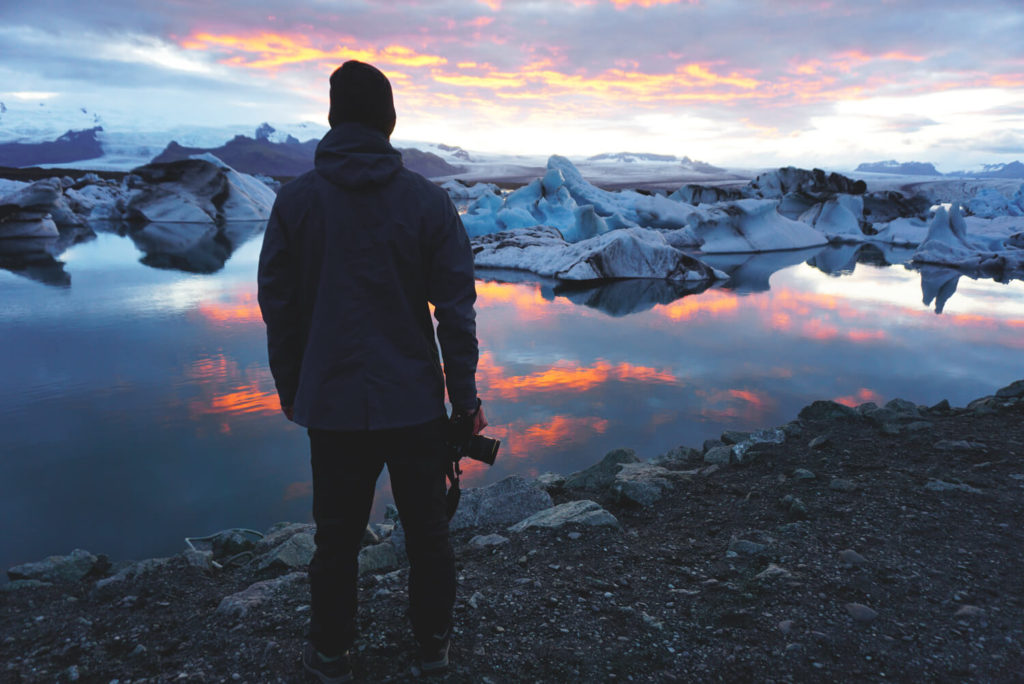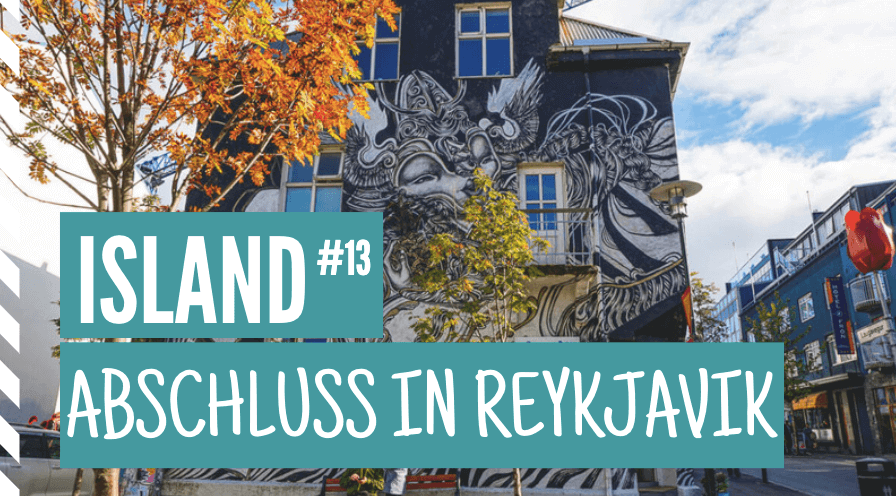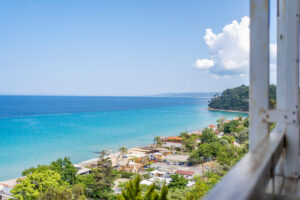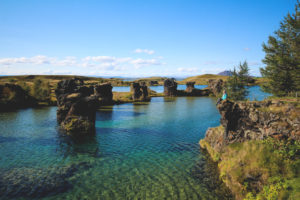
Iceland – one of many absolute dream destinations. 350,000 people live in Europe’s most sparsely populated country. 60% of the population lives in the capital region of Reykjavik. Not to mention that Iceland has one of the highest standards of living and per capita incomes in the world. Crazy, right? Tourists flock to the island year after year because of its absolute scenic beauty.
Volcanoes, glaciers, black beaches, rugged cliffs, the highlands, waterfalls, elves, trolls, geysers, endless expanses, and much more – welcome to Iceland. The weather is changeable throughout the year. Sun, rain, snow, sand, storms, and fog alternate. Nevertheless, Iceland can be visited year-round, as each season has its own unique charm. We look forward to an exciting tour of the island of fire and ice.
ICELAND TRAVEL DIARY ON YOUTUBE




Our Iceland travel reports

The 10 most beautiful road trips in Europe including travel routes and tips
➳ READ MORE Bolle & Marco

Reykjavik Sights – The Coolest Spots in the City
➳ READ MORE Bolle & Marco

Island Podcast – The best tips for your own Iceland tour
➳ READ MORE Bolle & Marco

Iceland sights – 30 magical highlights on the island
➳ READ MORE Bolle & Marco

Currency Iceland – Information on cash, withdrawing money and credit cards
➳ READ MORE Bolle & Marco

Preparation for Iceland – Tips for planning your round trip
➳ READ MORE Bolle & Marco
Show more articles
Here you can find our Iceland travel tips
Getting there
These days you can get to the island really cheaply. Some low-cost airlines like EasyJet and WOW Air fly for under €150 round-trip (without luggage). Germania is a better option. Checked baggage is included in the price. Icelandair also offers relatively inexpensive flights to Iceland from Berlin, Düsseldorf, Frankfurt, Hamburg, and Munich. You can also book a stopover on your way to the USA.
Entry
You do not need to apply for a visa to enter Iceland. German citizens can stay in Iceland visa-free for up to 90 days within a 180-day period. Your passport or ID card must be valid for at least the length of your stay in Iceland. Fishing equipment and riding clothing must be demonstrably disinfected upon import. You can find all the important information here: Federal Foreign Office.
Transportation
We recommend a rental car or camper for your Iceland tour. This is the only way to get around the island comfortably and remain flexible. There are also buses, although they don’t stop everywhere and don’t run all year round. Of course, you can also book guided tours (coach, rental car). You can also cycle the Ring Road. Some backpackers even hitchhike from A to B. Everyone has to decide for themselves.
Costs
Iceland is an expensive country, everyone agrees. A simple room without breakfast often costs from €90 per night. If you don’t cook your own meals and prefer to eat out, expect to pay at least €20-30 per meal. It’s cheaper to shop at the supermarket (Kronan & Bonus). A rental car costs around €250-400 per week (€600 for two weeks). A liter of gasoline currently costs around €1.80. Campsites charge €10-15 per person per night. Everything about our costs here.
Accommodation
Oh man, Iceland is really expensive. Neither hotels nor hostels are particularly cheap. Take a look at Airbnb*; we found at least a few cheaper rooms there. Decent hotel rooms, on the other hand, cost a fortune; expect to pay at least €100 per night or more. In Iceland, you can also find hostels with prices starting at €30 per night for a shared room. It’s cheaper with a tent and sleeping bag. Everything about camping in Iceland here.
Travel Time
Most visitors come in the summer between June and August. During these months, the weather is quite consistent, and temperatures can even reach up to 18 degrees Celsius. The days are long, as it never really gets dark due to the midnight sun. This naturally also means that rental car and accommodation prices are highest during this time. The off-season in May and September, however, is more attractive. Prices drop, and there are fewer tourists on the island (5–10 degrees Celsius).
Internet
First of all: Since June 2017, roaming charges have been abolished across the EU. This means that with your German mobile phone contract, you can use your data abroad at no extra cost. We can use 1 GB per month abroad (provider: Premium SIM). We recommend the Siminn card. Siminn is the most frequently used mobile phone provider in Iceland with the best network coverage. This card is available at gas stations, the airport, and many supermarkets. 10 GB costs around €27.
Vaccinations
Your health is paramount—no matter where you are. You should therefore inform yourself thoroughly before your trip so that you don’t experience any unpleasant surprises in the land of your dreams. There are no special vaccination requirements for entry to Iceland. However, the Federal Foreign Office recommends checking and completing standard vaccinations according to the current vaccination schedule of the Robert Koch Institute for children and adults before traveling. More information here.
Safety
Iceland is one of the safest countries in the world. However, you should of course also take the usual precautions against petty crime. You should also always inform yourself about the current situation regarding volcanic eruptions and earthquakes. There are some special rules in road traffic that you should be aware of in advance. Wild camping is also no longer permitted. There will be more detailed articles on this on our blog soon.
The links marked with * are affiliate links. If you book something through one of these links, we receive a small commission. This allows us to continue to finance this platform, which is free for you. There are no additional costs for you.